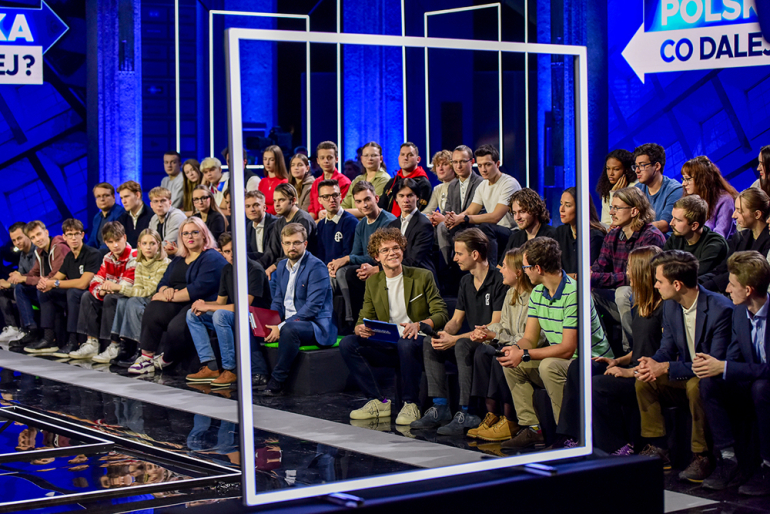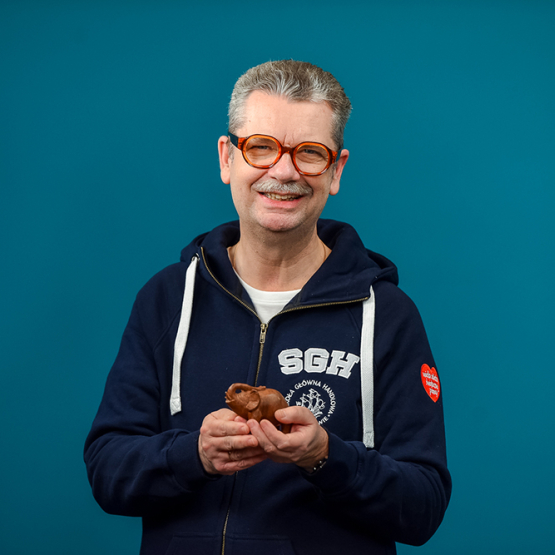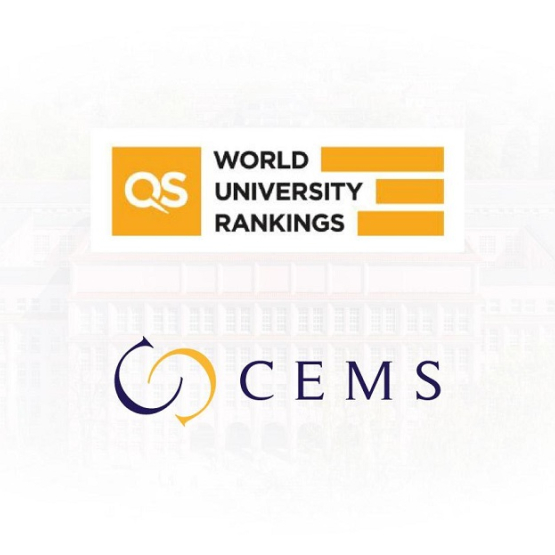
As students of the SGH Warsaw School of Economics, when talking about the innate laws that control people, we try to discover their impact on the development of economy. Profit optimisation, a sense of greater harm from the loss of goods than joy from gaining goods of the same value – these are examples of the impact of something primal, something contained in our genetic code. Going further, it should be stated that man is an informational being living in society, and disclosing and obtaining information is the centre around which his daily life revolves. And this is the same fact as the previously mentioned economic principles.
The word trust is positively associated with political stability and interpersonal or business relations. In short, trust is perceived in today’s society as something desirable, something that allows us to develop. If we combine the desire to optimise utility with the need to provide information, we will come to the conclusion that, in principle, sharing information with each other is a way to a more prosperous society than a community based on conveying falsehood and mutual suspicion. Therefore, it is worth conducting a dialogue or discussion based on the principle of mutual trust.
THE IMPORTANCE OF TALKING
Declaring our preferences is the key to how properly satisfy our own needs. Where the freedom of speech does not exist and is limited not only by law but also institutionally (property or cultural exclusion from discussion), it is not possible to make such a declaration. The selection of authorities in a democratic society over the centuries has indicated the dominant representation of people above the average life expectancy in a population, which makes it easy to understand why these people have the greatest amount of knowledge and experience. However, it also gives rise to some difficulties – the knowledge accumulated throughout life may have an increasing gap with age in relation to younger cohorts. As a result, there is lower awareness of the preferences of previous generations and thus suboptimal management policy. What is the conclusion? Well, that the ruling environment should open up to the voices of the young generation which should not be afraid to declare their preferences loudly.
Students from all over Poland were given the opportunity to express their opinion on topics that bother them thanks to the programme broadcast on TV called Poland, what next? There are opinions that such discussions do not affect politicians, but in my opinion this is a wrong approach. Edward L. Bernays in his book Propaganda argues that the change in human perception is a continuous process in which a one-off event is a brick in the building being erected. The debates in which we take part are just such small bricks that enable us to talk about the needs of young people and share them with the society. Even such small steps are an optimal action, because they inform the incumbents about the problems they are not familiar with.
ADVANTAGES OF DISCUSSION
In the programme Poland, what next?, the selected topics concern young people and their problems. Housing, demography, security – these were the leading areas in recent episodes. I am very happy that the authors of the programme talk to us and consider our proposals, thanks to which the conversations are about what is really important to us and they don’t confine themselves to “catchy media” topics. Many of us learn to appear in front of the camera and to quickly formulate thoughts, which will have a positive impact on our position in the labour market.
The framework connecting all the topics may be a statement that if an individual is not interested in public affairs, they are certainly interested in him and there is no escape from it. Many students can take advantage of the rare opportunity to express themselves and talk about their needs. Without talking about them, both they themselves and the society will lose, which, due to the lack of knowledge, does not address the problems of its representatives.
JAKUB KOZIKOWSKI, SGH Geopolitics Ideas & Strategy Society



